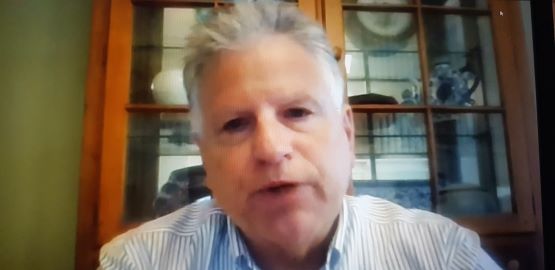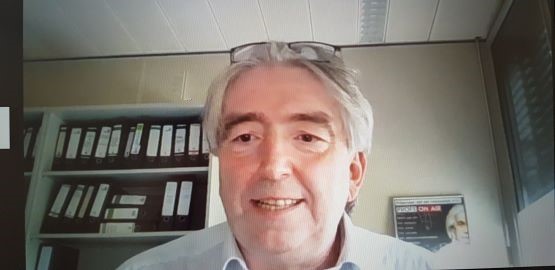A new GLO Discussion Paper finds that performance pay consistently and importantly associates with greater stress, but the risk tolerant receiving performance pay suffer less stress than the risk averse.
GLO Discussion Paper No. 1000, 2021
Worker Stress and Performance Pay: German Survey Evidence – Download PDF
by Baktash, Mehrzad B. & Heywood, John S. & Jirjahn, Uwe
GLO Affiliate Mehrzad B. Baktash & GLO Fellows John Heywood and Uwe Jirjahn

Mehrzad B. Baktash 
John S. Heywood 
Uwe Jirjahn
Author Abstract: While performance pay can benefit firms and workers by increasing productivity and wages, it has also been associated with a deterioration of worker health. The transmission mechanisms for this deterioration remain in doubt. We examine the hypothesis that increased stress is one transmission mechanism. Using unique survey data from the German Socio-Economic Panel, we find performance pay consistently and importantly associates with greater stress even controlling for a long list of economic, social and personality characteristics. It also holds in instrumental variable estimations accounting for the potential endogeneity of performance pay. Moreover, we show that risk tolerance moderates the relationship between performance pay and stress. The risk tolerant receiving performance pay suffer less stress than the risk averse.
Featured image: Jason-Leung-on-unsplash

GLO Discussion Papers are research and policy papers of the GLO Network which are widely circulated to encourage discussion. Provided in cooperation with EconStor, a service of the ZBW – Leibniz Information Centre for Economics, GLO Discussion Papers are among others listed in RePEc (see IDEAS, EconPapers). Complete list of all GLO DPs – downloadable for free.
The Global Labor Organization (GLO) is an independent, non-partisan and non-governmental organization that functions as an international network and virtual platform to stimulate global research, debate and collaboration.
Ends;

